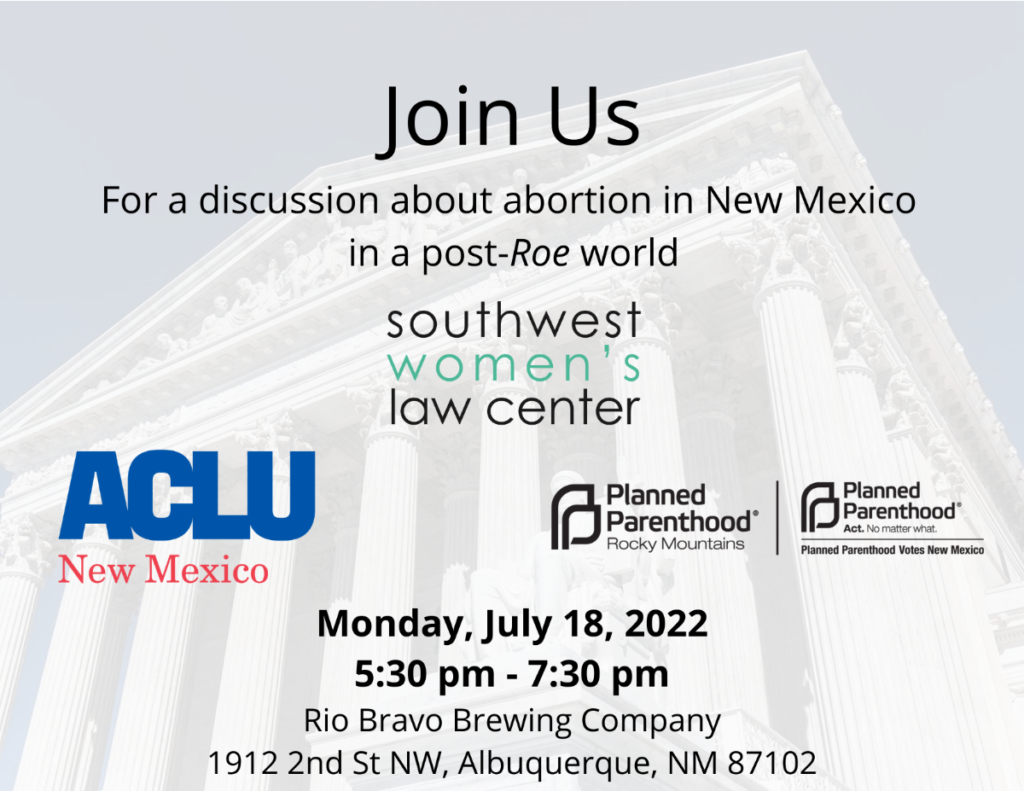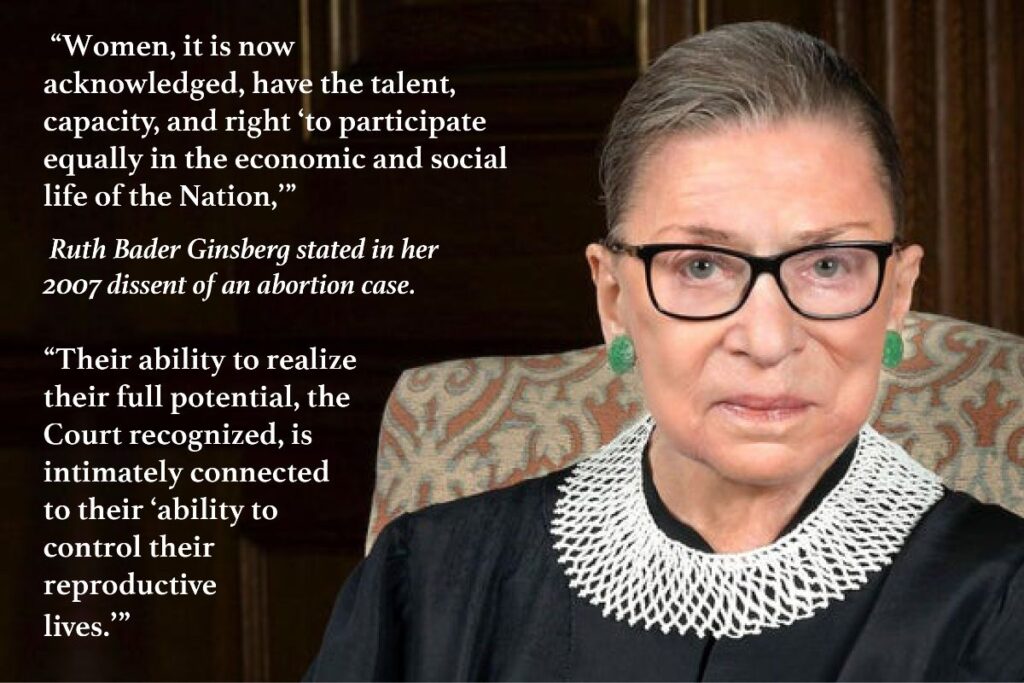Today we all have heavy hearts because of the U.S. Supreme Court’s decision to take away healthcare rights from millions of Americans. This ruling strips away a constitutionally protected right and elevates states’ interest in a fetus over a pregnant person’s right to bodily autonomy. This decision also rolls back 50 years of pregnant people being able to make sound decisions about their life and health.
Trigger bans in half of the states will take effect today. People who went to sleep last night with the right to make their own bodily and family decisions woke up this morning to criminal laws surrounding abortion. More states will likely follow with new bans of their own.
In states like Oklahoma, abortion providers now face criminal consequences. Performing an abortion or attempting to perform the procedure is a felony punishable by a maximum fine of $100,000 or a maximum of 10 years in state prison, or both. The pregnant person who sought the abortion would not be criminally charged or convicted for seeking or obtaining the procedure; however, a failed Louisiana bill proposed this legislative session sought to do just that, signaling this as a possibility in states willing to pass similar measures through.
States like Idaho are already considering banning emergency contraception like Plan B. Survivors of rape would have no option but to carry a pregnancy to term in states with abortion and emergency contraception bans.
Other states have banned the shipping of medication for abortion. For people facing ectopic pregnancies, medication abortion pills are lifesaving. There are already stories of pharmacists refusing to fill prescriptions for this necessary medication.
This decision also has much farther-reaching implications. This decision isn’t just about the right to make life and healthcare decisions about pregnancy. Justice Alito tried to distinguish abortion rights from other privacy rights through discussion over “potential life” and how abortion poses a “critical moral question.” However, the further justification for overturning the right to abortion has the potential to overturn other privacy right based critically moral questions by the same groups that oppose abortion. There is no doubt we will see future challenges to the right to contraception, the right to marriage, and the right to other bodily decisions. Justice Thomas’s concurrence in today’s decision specifically states his willingness to revisit the precedents establishing these very rights. We have already seen several states ban discussion of the LGBTQ+ community in schools and access to transgender care.
Today is hard. This decision on the right to abortion is demoralizing. But we need to keep up the fight and turn large setbacks like this to our advantage. We should use this time to refocus our fight.
We will center the abortion movement on people of color. We will uplift voices that have not always been heard. We will use this time to make sure we are including the LGBTQ+ community in conversations about reproductive rights and justice.
We need to protest for the right to abortion and in the same breath discuss the crisis of reproductive healthcare “deserts.” When we talk about bans off our bodies, we also need to remember those bans include everything from abortion to the right to have a child and not be subject to forcible sterilization.
We cannot and will not be silent in the face of this clear attack on the rights of more than half of Americans. Today we reset from this devastating blow. Tomorrow, we uplift historically silenced voices. Tomorrow, we channel our anger and sadness into action. Tomorrow, we restart the fight for access to abortion and reproductive justice.
***
JOIN US
Debrief on the U.S. Supreme Court Decision
Our panel of experts will break down the U.S. Supreme Court’s decision and what it means for the future of New Mexican pregnant people. We will also discuss the dangers of Crisis Pregnancy Centers and their role in the anti-abortion movement.






